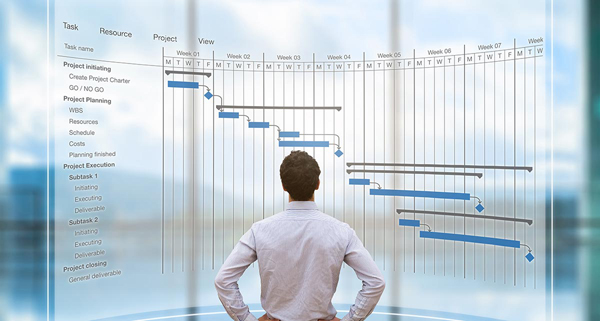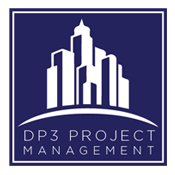PROJECT CONTROLS / MANAGEMENT PROCESS
Construction project controls is a critical role in the successful delivery of a building project. As experts in project controls, our responsibilities span the gamut of a project—from monitoring costs and schedules to managing risks of all kinds from start to finish.
DP3’s project controls experts bring a comprehensive suite of skills and extensive field experience to the project. We help project teams and management determine how far a project has progressed at any given time regarding schedule, cost, productivity, and risk and compare against contractual expectations, scope, performance criteria, and milestones. Controls can be applied to all phases of a project, from preconstruction to closeout.
Project controls are essential to keep complex construction projects on budget and on time. They help teams and stakeholders identify emerging risks early, before they become expensive, time-consuming problems. With advance warning, these issues can be mitigated or avoided altogether. Project controls also give leadership the data they need to set realistic expectations, manage subcontractors, and plan with confidence.
Over the course of a project, DP3 project managers use controls to monitor time and cost expenditures and compare them to project lifecycle forecasts. We also rely on them to coordinate onsite execution with the milestones established during the design, procurement, entitlement, and pre-construction stages.
• Project Planning
• Schedule Development
• Schedule Oversight and Reporting
• Schedule Analysis
• Cost Estimating (In house)
• Cost Analysis
• Value Engineering
• Budget Management
We create an easy-to-use, web-based dashboard to report on a project’s health, status, and salient trends. Our approach generally consists of:
Planning: development of performance (cost, schedule, productivity, etc.) baselinesMeasurement: quantifying, forecasting, and tracking of project performance metrics
Comparison: identifying and quantifying variances between the plan and periodic project performance
Recommendations: determining appropriate corrective or improvement actions (if necessary)
The benefits of project controls are many. When they are put in place and used appropriately, they contribute to increased efficiency, decrease in delays and cost overruns, and fewer claims and costly litigation.


